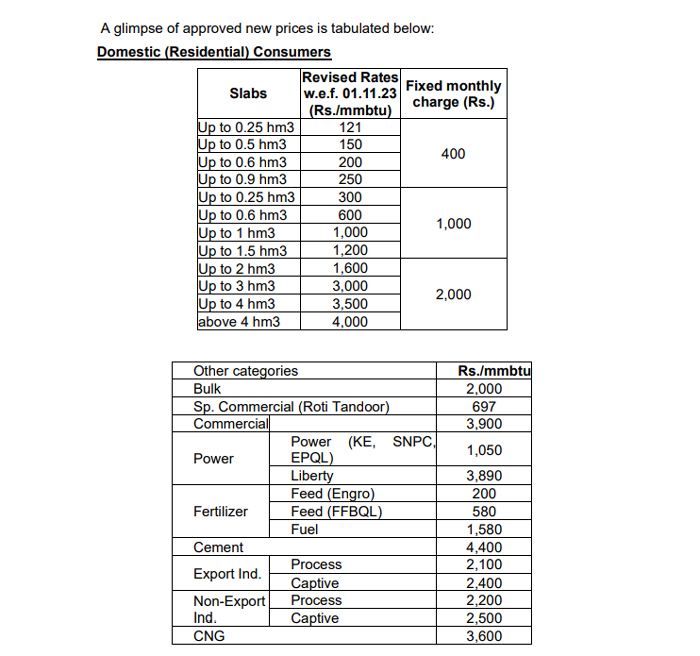Business
‘Gas bomb’ dropped on masses as govt approves massive price hike

Business
With inflation slowing, the SBP is anticipated to lower the policy rate for the eighth time in a row.
Business
Bulls in the stock market are still going strong.
Business
Issues Affecting Pakistan’s Textile Mills Industry: The Government Is Determined To Address Textile Industry Concerns: FM
-

 Latest News3 days ago
Latest News3 days agoUNSC Briefing on Yemen: Pakistan Demands Urgent Humanitarian Assistance and Discussion
-

 Latest News3 days ago
Latest News3 days agoThe SC requests a daily update on the Arshad Sharif murder case.
-

 Latest News3 days ago
Latest News3 days agoThe arrest of Shareefullah demonstrates the vitality of Pakistan-US cooperation in the fight against terrorism.
-

 Latest News3 days ago
Latest News3 days agoReduced Electricity Prices: Under the January FCA, NEPRA Reduces Tariff by Rs 2.12 Per Unit
-

 Latest News3 days ago
Latest News3 days agoChinese Leaders Are Congratulated by the PM for Successful CPPCC Sessions
-

 Latest News3 days ago
Latest News3 days agoParliamentary Meeting: On Monday, the President Calls a Joint Session of Parliament
-

 Latest News3 days ago
Latest News3 days agoDevelopment Project in Lahore: CM Punjab Directs Canal Desalination
-

 Latest News3 days ago
Latest News3 days agoCOAS Visits Bannu and Promises Terrorism Justice


























